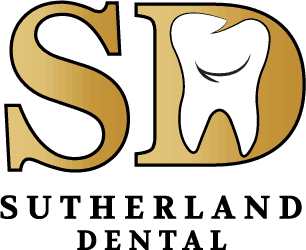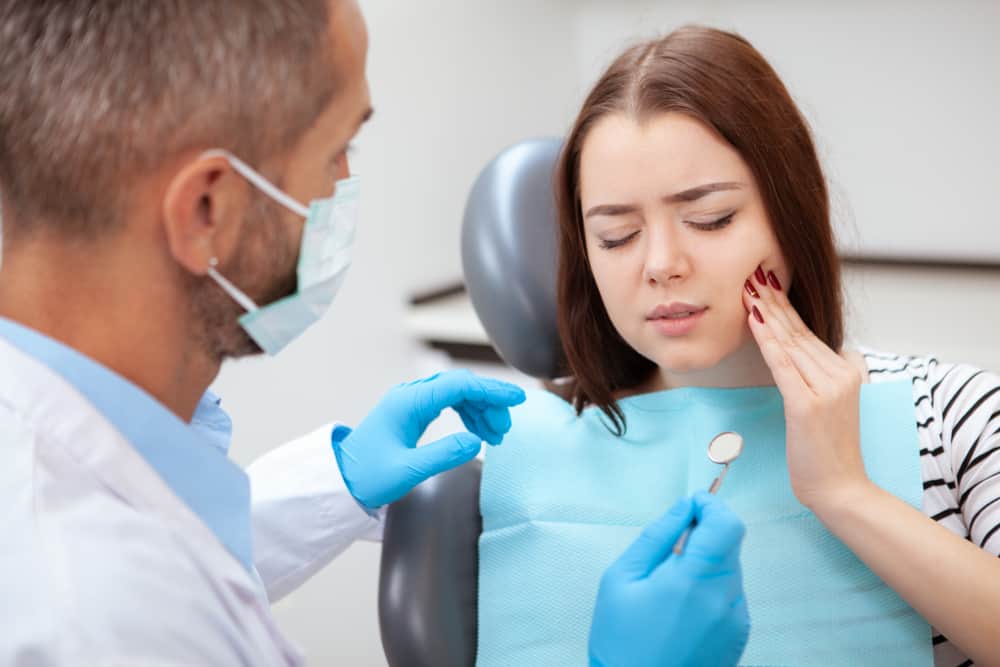Dental emergencies can range from minor to severe and can be caused by a variety of factors, such as broken teeth, lost fillings, or infected gums. It is important to be aware of the signs and symptoms of a dental emergency in order to seek prompt medical attention and avoid potential complications. This article will provide an overview of what constitutes a dental emergency, the types of dental emergencies, and the steps to take when faced with a dental emergency.
What is a Dental Emergency?
A dental emergency is any situation that requires prompt medical attention to prevent further injury or damage to the teeth, gums, or jaw. Dental emergencies can range from minor to severe and can be caused by a variety of factors, such as broken teeth, lost fillings, or infected gums. It is important to be aware of the signs and symptoms of a dental emergency in order to seek prompt medical attention and avoid potential complications.
Common signs and symptoms of a dental emergency include: severe pain, swelling of the face or gums, bleeding, a broken or knocked-out tooth, a lost filling, or an object stuck in the mouth. If you experience any of these signs and symptoms, it is important to seek medical attention immediately.
Types of Dental Emergencies
A few different types of dental emergencies require prompt medical attention. These include:
Toothaches – Various factors, such as decay, infection, or trauma, cause toothaches. If you experience a toothache, seeking medical attention as soon as possible is important.
Broken or Knocked Out Teeth – If you have broken or knocked out a tooth, it is important to seek medical attention. A dentist may be able to reattach the tooth, depending on the severity of the injury.
Lost Fillings – Lost fillings can cause pain and discomfort. It is important to seek medical attention in order to prevent further damage to the tooth.
Infected Gums – Infected gums can cause pain and swelling. If left untreated, an infection can spread and cause further damage to the gums and teeth.
Steps to Take When Facing a Dental Emergency
When facing a dental emergency, it is important to take the following steps:
Seek Medical Attention – If you experience a dental emergency, seeking medical attention as soon as possible is important. A dentist or oral surgeon may be able to provide treatment to prevent further damage or infection.
Take Pain Medication – If you experience severe pain, it is important to take pain medication as directed by your doctor.
Apply Ice – Applying ice to the affected area can help reduce swelling and pain.
Avoid Hard Foods – If you have a broken or knocked-out tooth, it is important to avoid hard foods in order to prevent further damage.
Follow-Up Visits – Following any dental emergency, it is important to attend follow-up visits with your dentist to monitor your recovery progress.
Prevention of Dental Emergencies
Practising good oral hygiene is the best way to avoid a dental emergency. This includes brushing and flossing twice a day, using fluoride toothpaste, and seeing your dentist regularly for cleanings and check-ups. If you play contact sports, wearing a mouthguard is important. Chewing on hard objects such as ice and using your teeth as a tool to open packages and bottles.
It is important to be aware of the signs and symptoms of a dental emergency in order to seek prompt medical attention and avoid potential complications. If you experience a dental emergency, it is important to take the necessary steps in order to prevent further damage or infection.
Dental Emergency in Sutherland Dental, Sutherland NSW, Australia
If you are in need of urgent dental care in Sutherland, look no further than Sutherland Dental. Our team of experienced professionals is here to help you with any dental emergency you may have. Contact us today!



